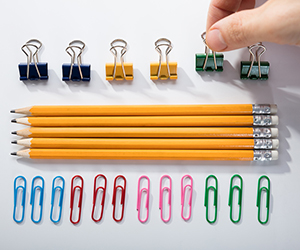Commercialization of Education
India is among the 135 countries all over the world where education is a fundamental right of every child. The Right to Education Act (RTE) that came into effect in India in 2009 focuses on two main aspects of education that is it should be “free” and “compulsory” for all children aged 6 to 14 years. But facts based on surveys by government organizations reveal the harsh realities regarding the implementation of the RTE act in different parts of the country. Less than half of the population of children in India aged 6 to 14 years go to school. Among those enrolled a little over one third reach 8th grade.
In a country where income inequality is so significant and there exists a vast gap between the upper income and lower income households, education becomes for many the one and only tool to improve their current living conditions and move towards a better future.
In India education is imparted through two primary sources i.e government affiliated institutions and privately run institutes. Though the government has been constantly working towards improving the quality of education in several public schools, colleges etc but still there are many major challenges they need to overcome, the most disturbing one being the lack of awareness of the importance of education among the parents and children living in the rural areas of our country.
The children belonging to middle and upper class families are facing a different kind of problem. The increasing trend of enrolling in after school coaching classes to stay at the top adds immense pressure to their already hectic schedules and also limits their scope of self-learning and exploring.
With the coronavirus pandemic gripping most parts of the country and adversely impacting almost every industry, education sector was no exception. The entire learning system was forced to shift to online mode resulting in a boom in the online education industry but the digital divide was starkly visible as only one-third of Indian school children were able to continue studying online and the rest didn’t have access to the necessary electronic devices and tools.
With no option left many parents resorted to online learning platforms for their children’s education to keep the learning process continued. But there were certain pertinent questions that arised with some of these learning platforms.
One of the Indian online tutoring firm Byju’s that later also acquired WhiteHat Jr, an online coding platform for kids came into news when it was accused of incorrect advertising and fraudulent marketing. The voices of people who spoke against their practices or criticized their methodologies were shut down by dissolving such social media accounts thus suppressing any sort of criticism.
Alongwith that it also raised basic questions regarding a child’s growth pattern and how it should happen ideally. When 6-7 year old children should be playing, interacting and growing is it right to make them do coding and not take into consideration their personal interests? Fooling parents and giving them false promises of better careers of their children clearly indicates the extent to which education has been commercialized nowadays.
Every child is unique and therefore should be given the freedom to carve his/her own career path on the basis of their interests rather than restricting them to a particular domain or field. More awareness needs to spread among the parents regarding the myths being propagated in the society related to education for monetary gains and how it is unfair to expose their little children to it and destroy their budding years of childhood.




Comments